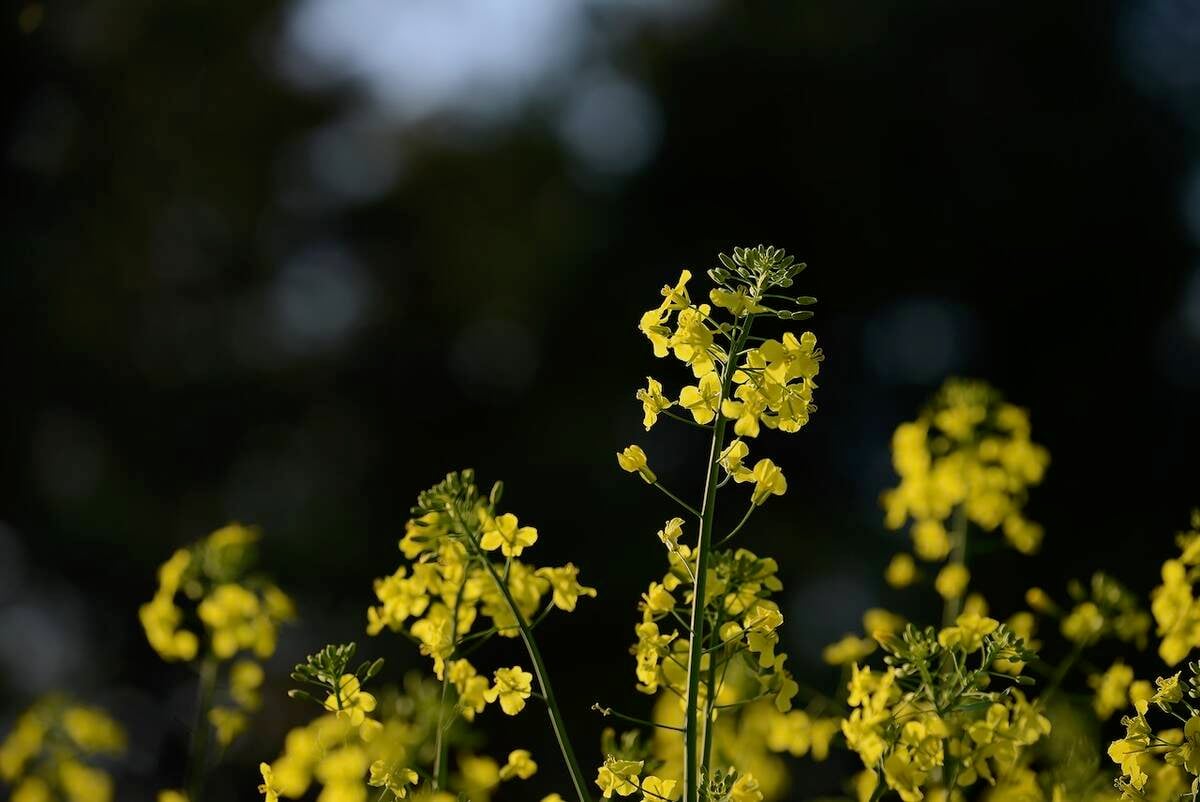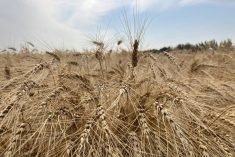Kyiv | Reuters—A Russian missile hit a civilian vessel carrying grain from Ukraine that had already left Ukrainian waters in the Black Sea, President Volodymyr Zelenskiy said on Thursday.
Foreign Minister Andrii Sybiha called the strike “a brazen attack on freedom of navigation and global food security.”
Zelenskiy said the vessel was on its way to Egypt. Zelenskiy said there were no casualties.
“Ukraine’s food deliveries to African and Middle Eastern countries are critical,” Zelenskiy said in a post on X.
Read Also

Canada agriculture minister says canola trade prospects are improving after China visit
Canada’s agriculture minister Heath MacDonald said in an interview on Monday his weeklong trip to China is evidence of bilateral relations beginning to thaw, something desperately needed by Canada’s farmers and canola exporters.
“We will continue to make every effort to safeguard our ports, the Black Sea, and food exports to global markets. Wheat and food security should never be targets for missiles.”
An industry source told Reuters the grain vessel was struck in Romanian waters near the mouth of the Danube river in the Black Sea overnight.
Dmytro Pletenchuk, a spokesman for the Ukrainian navy, told Reuters the grain vessel was not in Ukraine’s grain corridor at time of the strike. He said the vessel was in Romania’s maritime economic zone.
Ukraine is exporting about four million tonnes of grain a month via its Black Sea shipping corridor, which was set up in August 2023 after Russia pulled back from the Black Sea Grain Initiative brokered by the United Nations and Turkey.
Ukraine’s corridor hugs the western Black Sea coast near Romania and Bulgaria.
Ukraine is one of the world’s leading grain producers and exporters.
—Reporting for Reuters by Olena Harmash, Pavel Polityuk and Yuliia Dysa.













